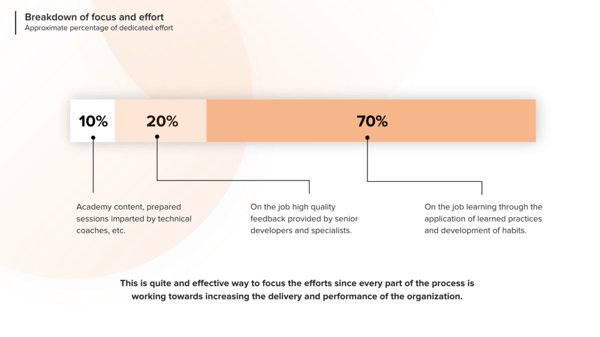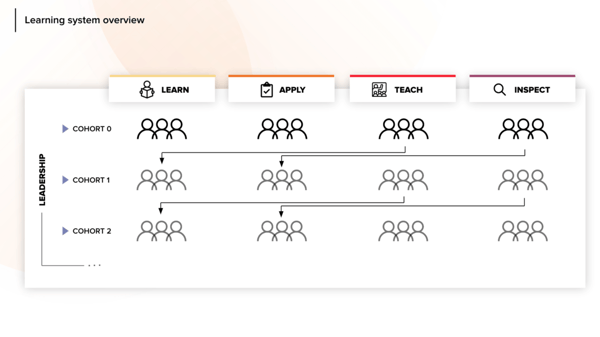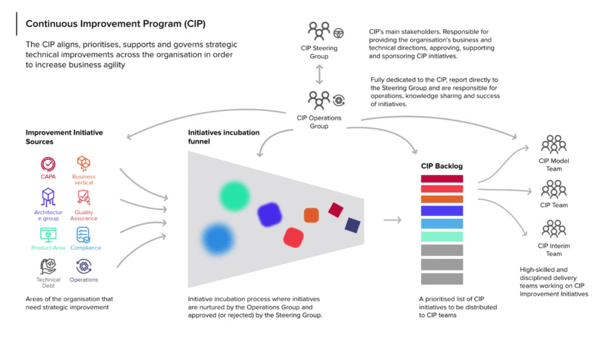The CTO Playbook for Retail Transformation: Building for Agility, Data, and Customer Experience
In today’s retail environment, customer experience is the battleground—and technology is at the heart of it.

Prefer listening over reading? Press play and enjoy
Transformation, through technical coaching can only happen when people are willing to change.
In this latest instalment of the Technical Coaching track, José Enrique Rodríguez Huerta, MD and Technical Coach in Codurance Spain, addresses how to facilitate the transformation process within your company.
Building on the previous sessions which covered feedback, culture and learning in a technical team, in this session, José looks at how to make your project a success and why some projects fail.
Technical coaching typically focuses on empowering employees, enhancing their productivity, work methods, and improving their performance. Emphasis is placed on optimising processes and practices or increasing the quality of deliverables.
When we invest in our staff and create a culture of learning, they feel valued and more motivated. And in expanding their knowledge, they create better output and products. This in turn leads to better staff retention.
The most common approach to addressing these issues are training or coaching-based solutions. A technical coach is often hired for a few hours or days to pair with the team, explain best practices, or perhaps provide specific training in various methods such as TDD or DDD.
Up to this point, the solution seems simple and cost-effective, involving only small training sessions for the teams, but...
José explains that, while it may seem that routine training and coaching sessions offer a straightforward solution to these problems, a number of potential drawbacks can emerge, depending on the organisation's specific circumstances:
These issues are caused by a number of different factors, all of which can work against you when trying to implement change.
When you first start on the process of transformation, it's easy to over look them, but in the end, they have to be addressed if you want your transformation to be a success.
When you talk with people who have tried and failed with technical coaching they will tell you about all the ways that it doesn't work.
Dig a little deeper into this and you find that most fail because they went for the quick fix.
Technical coaching works. But it only works when you create a system, something that goes beyond an individual or a specific team, and addresses the evolution of the organisation. "You need a system that enables the socialisation of behaviours, practices, and values to scale them, focusing on short and long-term plans," explains José, calling this model a Centre of Excellence for Growth.
The system is based on three central pillars:



Focusing on these three pillars will help you develop peoples' capabilities, achieve quick, but sustainable results (and company transformation) and increase retention by investing in your people.
In this session, José recommended focusing on a strategic business value when defining which objectives to work on. He also pointed out that it is a never-ending process, because excellence is a journey and not a destination.
This session is part of a circuit on Technical Coaching. You can find previous episodes in our youtube playlist. You can also access Rodríguez's miro board or register for future events here.
Check out our related session on how to give great feedback.

In today’s retail environment, customer experience is the battleground—and technology is at the heart of it.

Many software teams face a common challenge: they inherit large, complex systems built long before they arrived. Over time, these systems accumulate..

When faced with the challenge of modernising legacy systems in businesses, we know the potential benefits are immense, but so are the challenges...
Join our newsletter for expert tips and inspirational case studies
Join our newsletter for expert tips and inspirational case studies